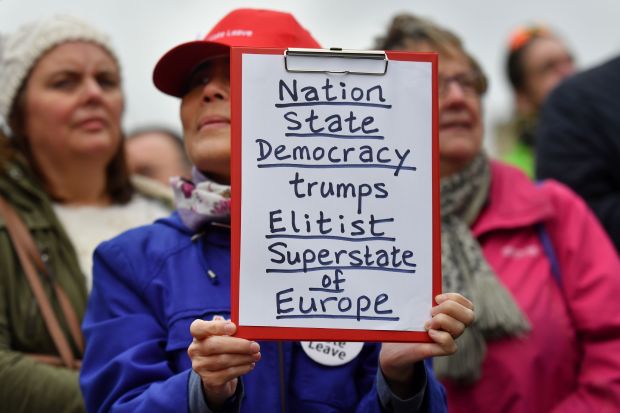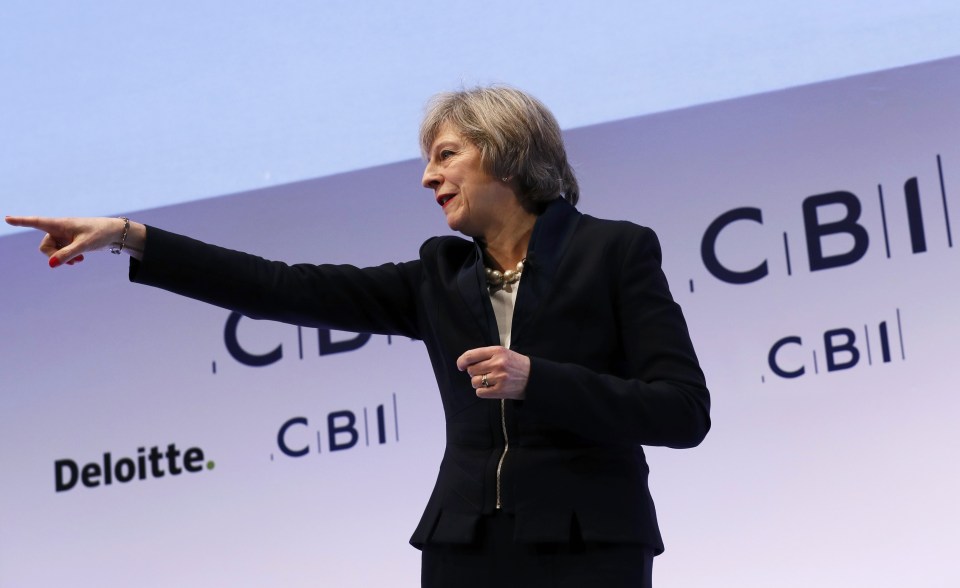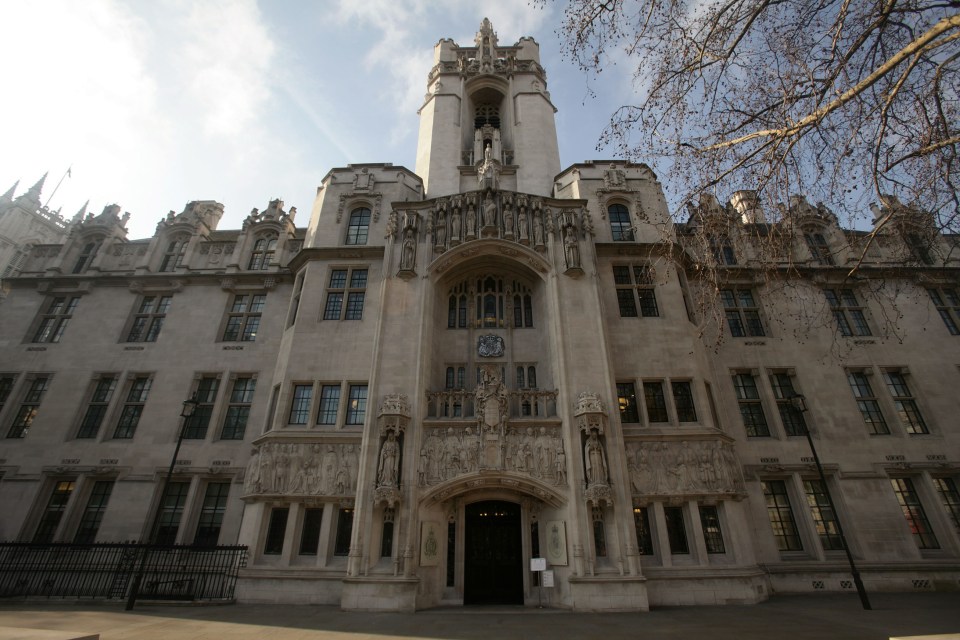Supreme Court must respect voters and clear up the Remainers’ anti-Brexit mess with Article 50 judgement
Brexit-backing MP says it would be a mistake to overturn the will of the people in landmark constitutional case

THIS week the UK Supreme Court will hear its most controversial case ever – a three-way showdown and constitutional clash between the powers of Government, Parliament and the courts.
Ministers are appealing against the shock High Court ruling which ordered the Government to seek permission from Parliament before even beginning the Brexit negotiations mandated by the voters in the EU referendum.
Beneath the tangled weeds of complex legal arguments, the power of the people is at stake.
The High Court upturned a division of labour that most lawyers and politicians have long taken for granted: Governments negotiate international treaties with other governments. Parliament passes the laws of the land.
Beneath the sophisticated constitutional arguments on both sides, many view this as a case that should never have made it this far – a raw battle of wills between a government trying to give effect to the will of the people and a judiciary with the reputation for being pro-EU.
Our judges are among the finest lawyers in the world. Yet, as a group, their overall political attitude is widely regarded as submissive to Brussels.
How much this matters when they decide this case is open to question. But the more they are seen to frustrate the referendum verdict, the louder the voices will grow, calling for the learned – but unelected – noble lords to be subject to greater democratic accountability.
Concerns about the “politics of the judiciary” were magnified when the wife of our most senior judge tweeted that the Brexit referendum was “mad and bad”.
related stories
Then the No2 at the Supreme Court, Lady Hale, gave an ill-advised speech summarising the case, which invited people to speculate that she harboured pro-EU views.
The legal profession dashed to defend them. But haven’t they always preached that impartiality requires not just that justice is done, but that it is seen to be done?
Fat chance, if people have an inkling that the judges in a case may be biased.
Dominic Raab is MP for Esher and Walton, and sits on Parliament’s Brexit Select Committee.









